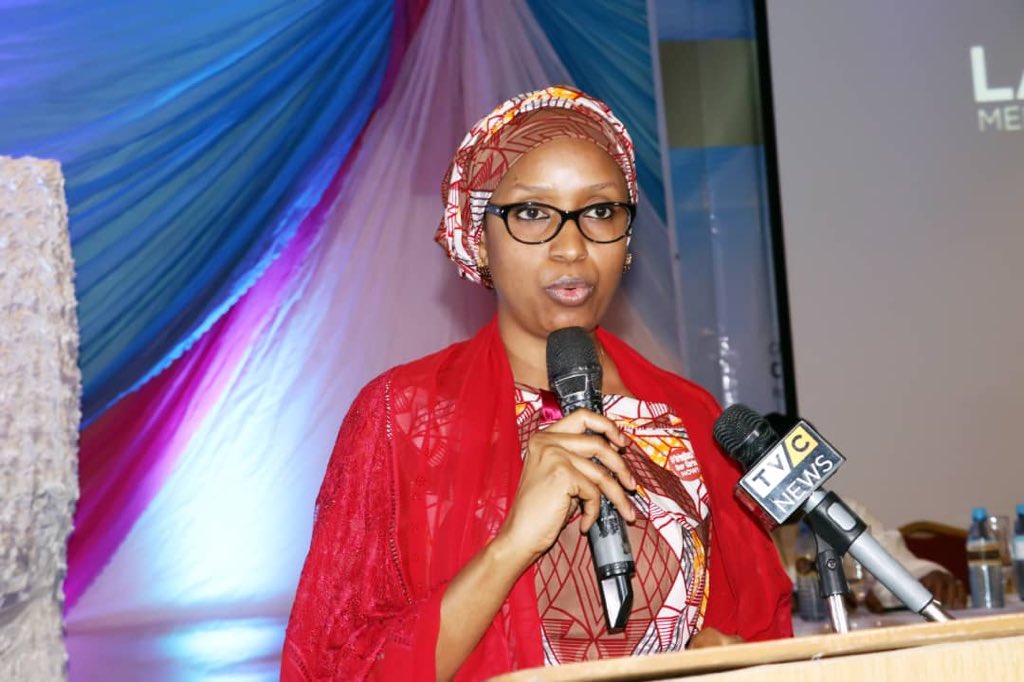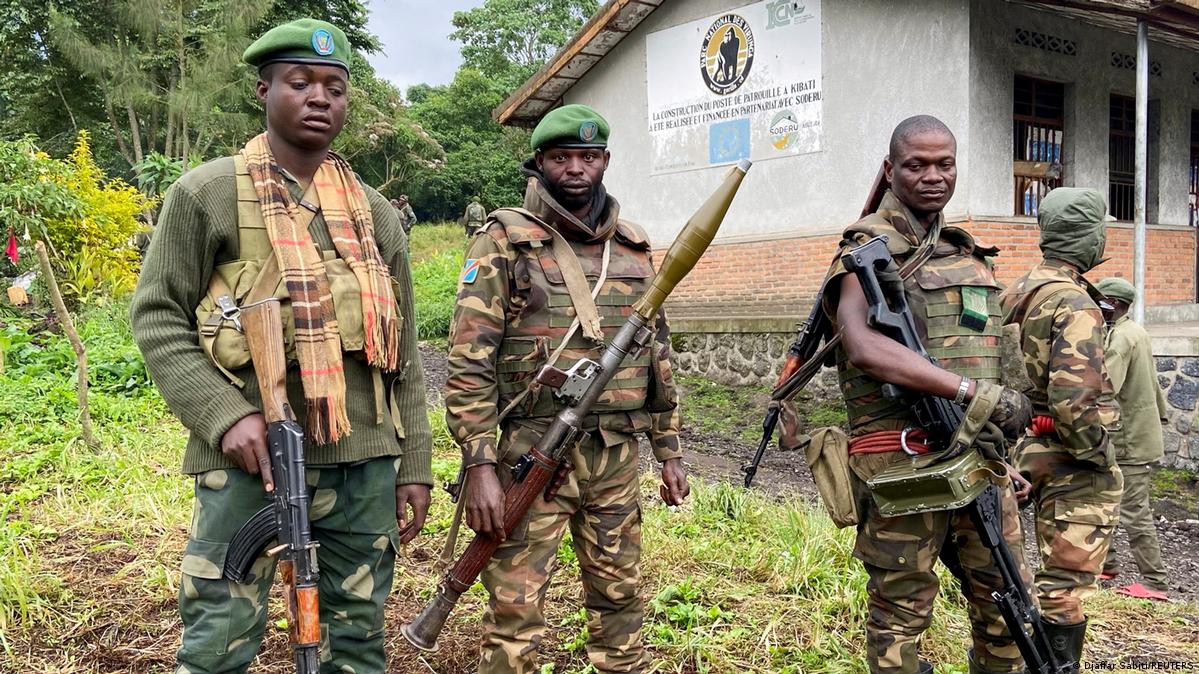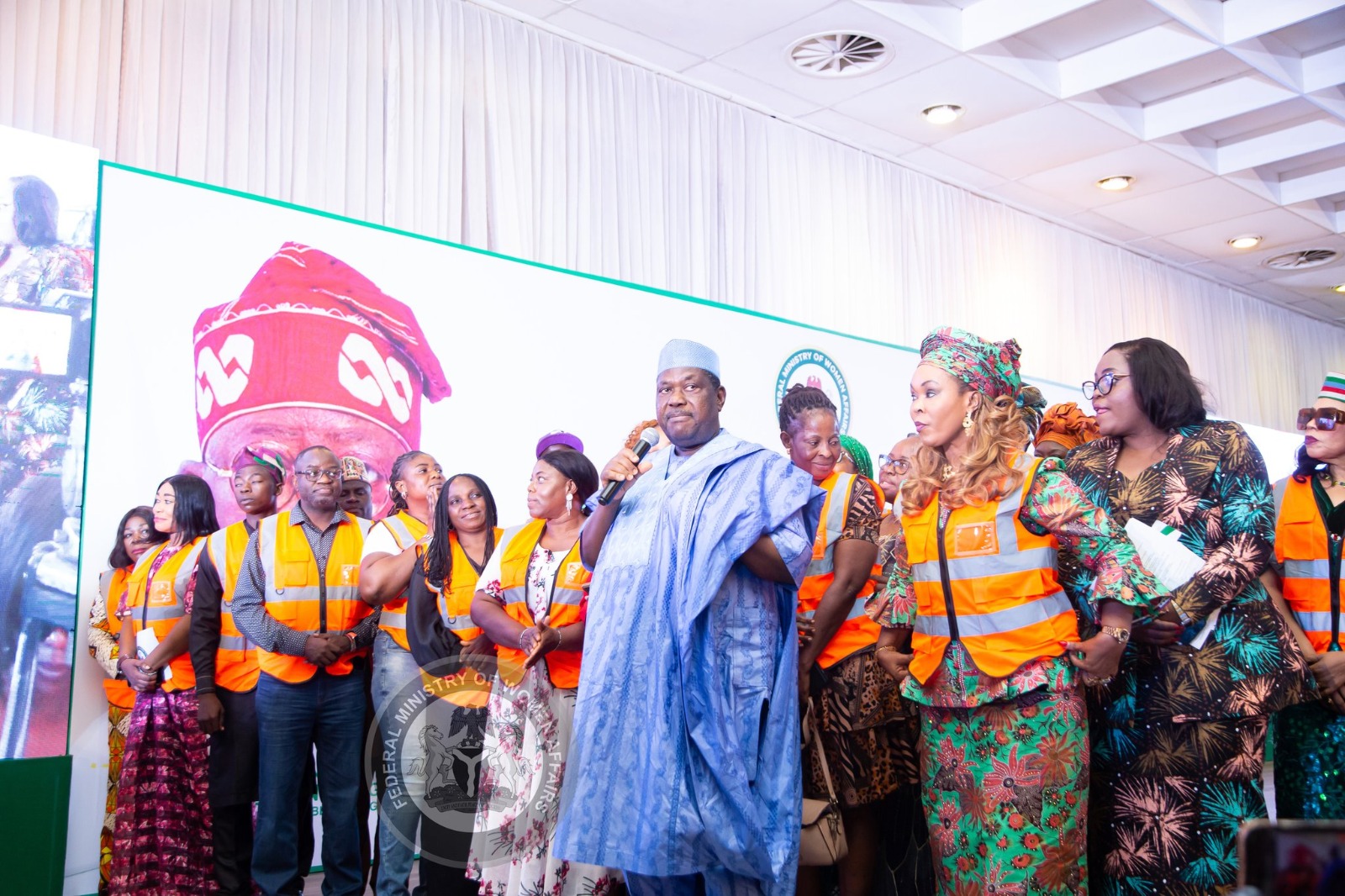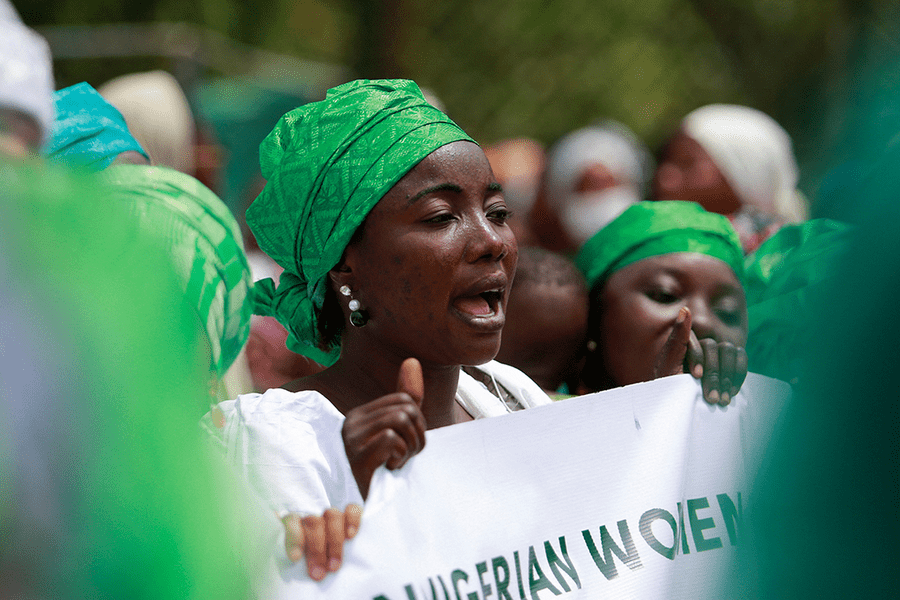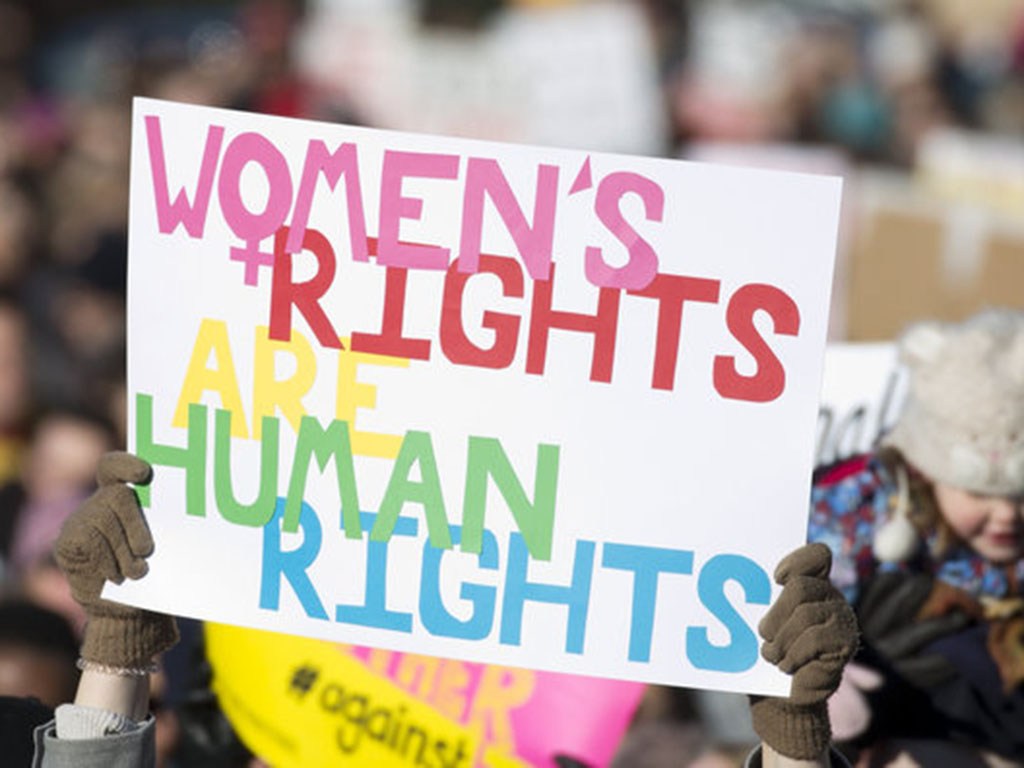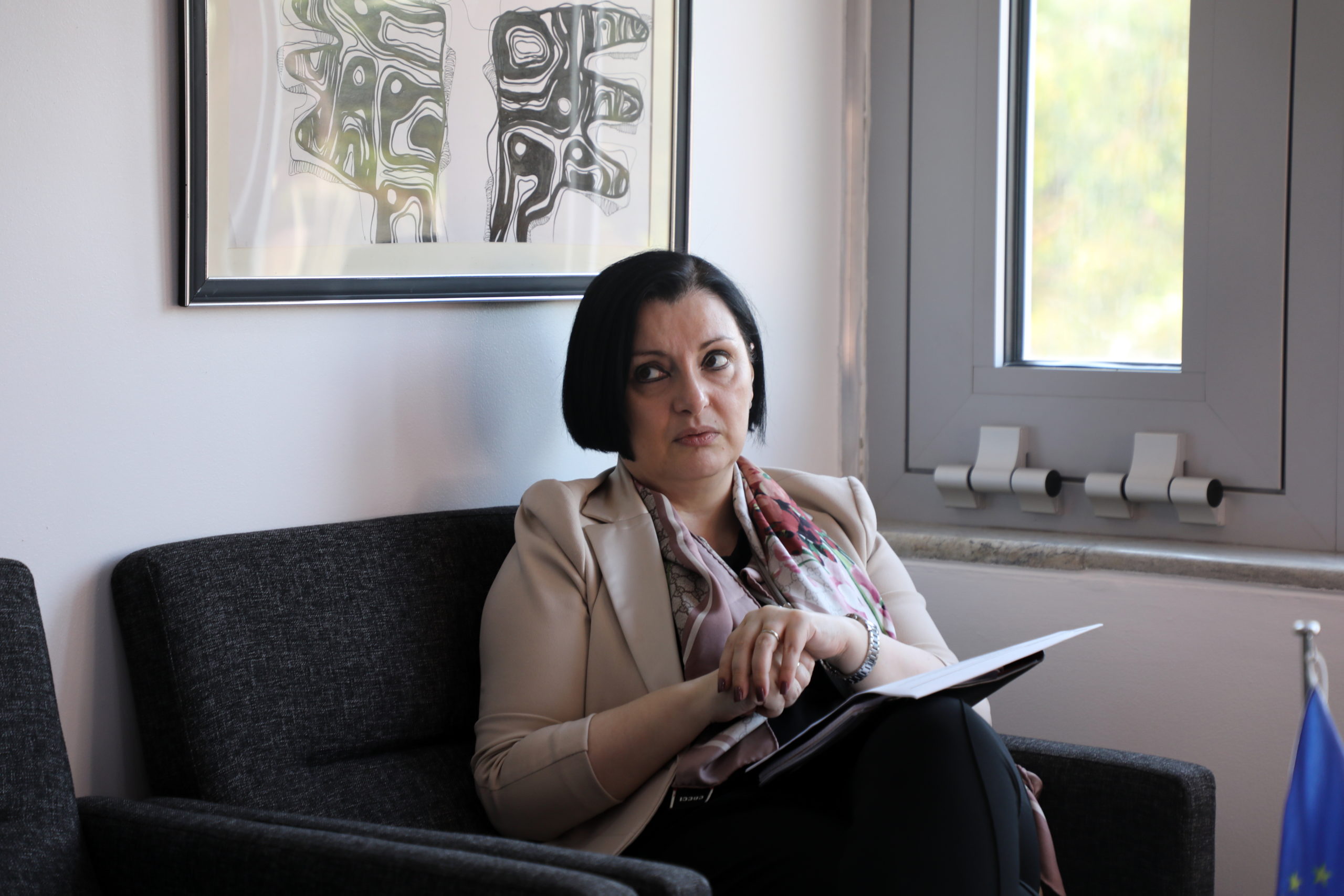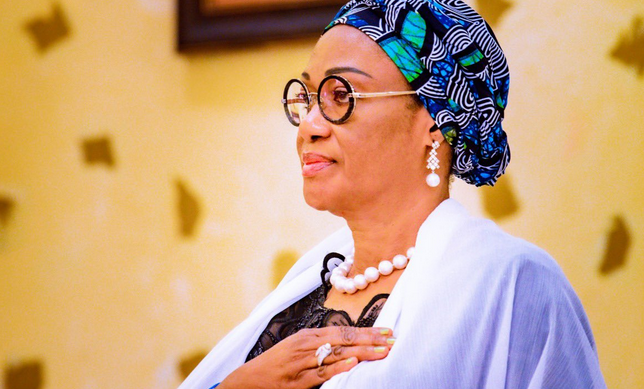Hadiza Bala Usman, special adviser to President Bola Tinubu on policy and coordination, says women are “indispensable catalysts” for propelling growth and sustainable development in Nigeria.
Speaking on Wednesday at a stakeholders’ forum to commemorate the International Women’s Day celebration, Bala Usman harped on the need for women to be able to access financial resources to aid investments that will enrich their families and communities.
Represented by Zeni St John-Dogun, Bala Usman said: “The importance of gender-responsive financing and gender equality cannot be overstated in our pursuit of sustainable development.”
“Nigerian women stand as indispensable catalysts propelling the growth, the progress and the sustainable development of our nation.
Advertisement
“Their resilience, resourcefulness and unwavering commitment to excellence serve as the bedrock upon which our collective aspirations for a brighter future are built.”
With the theme of the 2024 IWD ‘Invest in Women: Accelerate Progress’, other stakeholders at the event also called for women’s financial empowerment as a means to stem poverty in Nigeria.
In her welcome address, Fatima Abubakar-Faruk, senior special assistant to the president on women affairs, noted the gender disparity in the country despite remarkable efforts to tackle it.
Advertisement
Abubakar-Faruk said only 39 percent of women in Nigeria have access to formal financial services compared to 48 percent of men.
“Gender-responsive financing holds the key to unlocking the full potential of women in Nigeria,” she said.
“By ensuring women have equal access to financial resources, we not only promote gender equality but also drive sustainable development and inclusive economic growth.
“Let us unite, advocate, and take decisive action to make gender-responsive financing a reality in Nigeria.
Advertisement
“Together, we can create a future where Nigerian women thrive, contribute, and lead in all spheres of life.
“We must work towards providing more inclusive access to financial services, ensuring that banking and microfinance institutions cater to women’s unique needs.”
Judith-Ann Walker, executive director, development Research and Projects Centre (dRPC), said gender equality, access to education for women and girls, digital literacy and agricultural engagement, must be addressed.
Walker, represented by Ruth Agbo, president of the Association of Women in Trade and Agriculture (AWITA), said dRPC is concerned about economic empowerment of women.
Advertisement
“We have women economic collectives and the concern is to keep advocating for these issues that affect women and national development,” she said.
Mariya Mahmud, FCT minister of state, emphasised the need to “acknowledge and address the persistent barriers and challenges that continue to hinder the full realisation of women’s rights and potential”.
Advertisement
Add a comment
